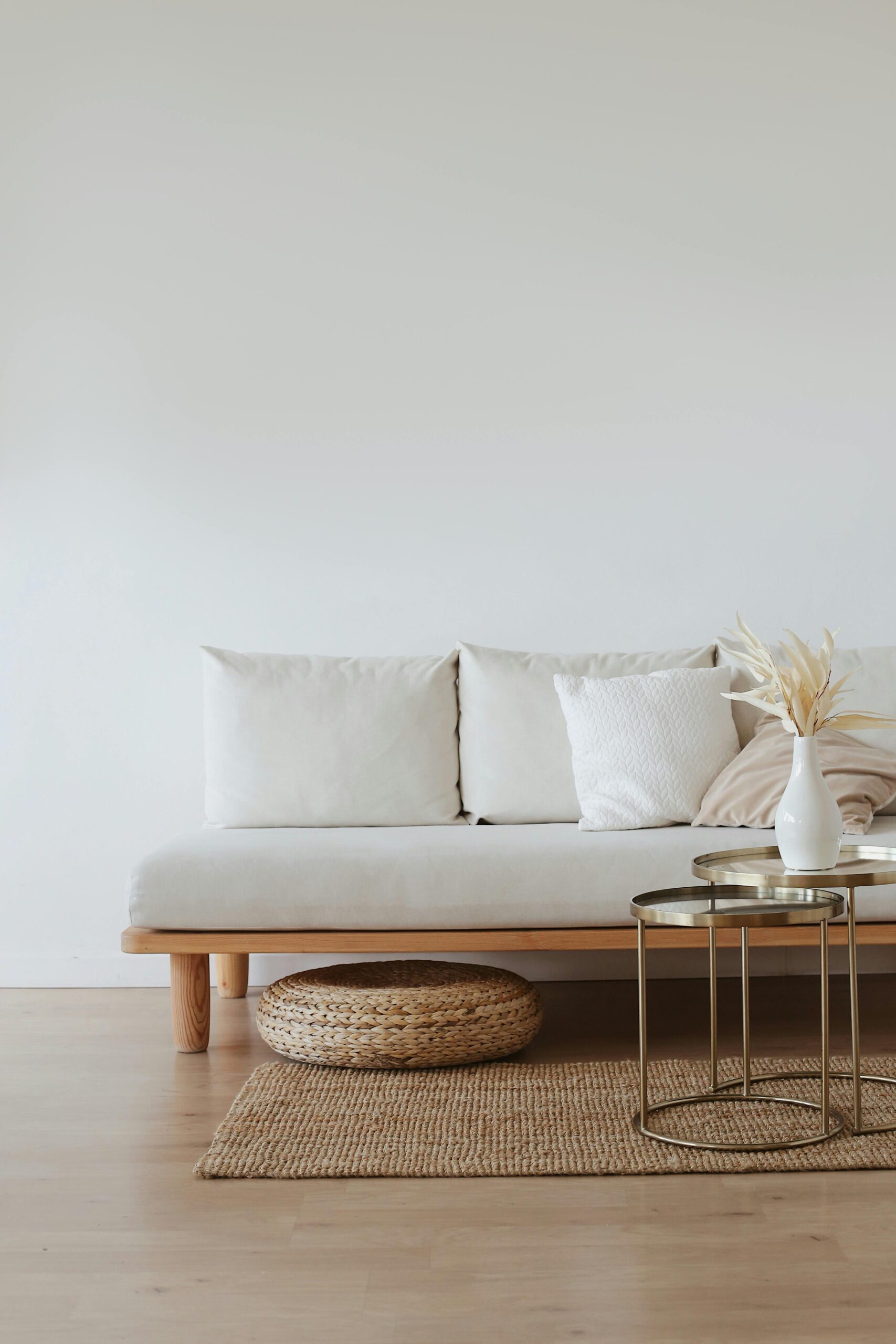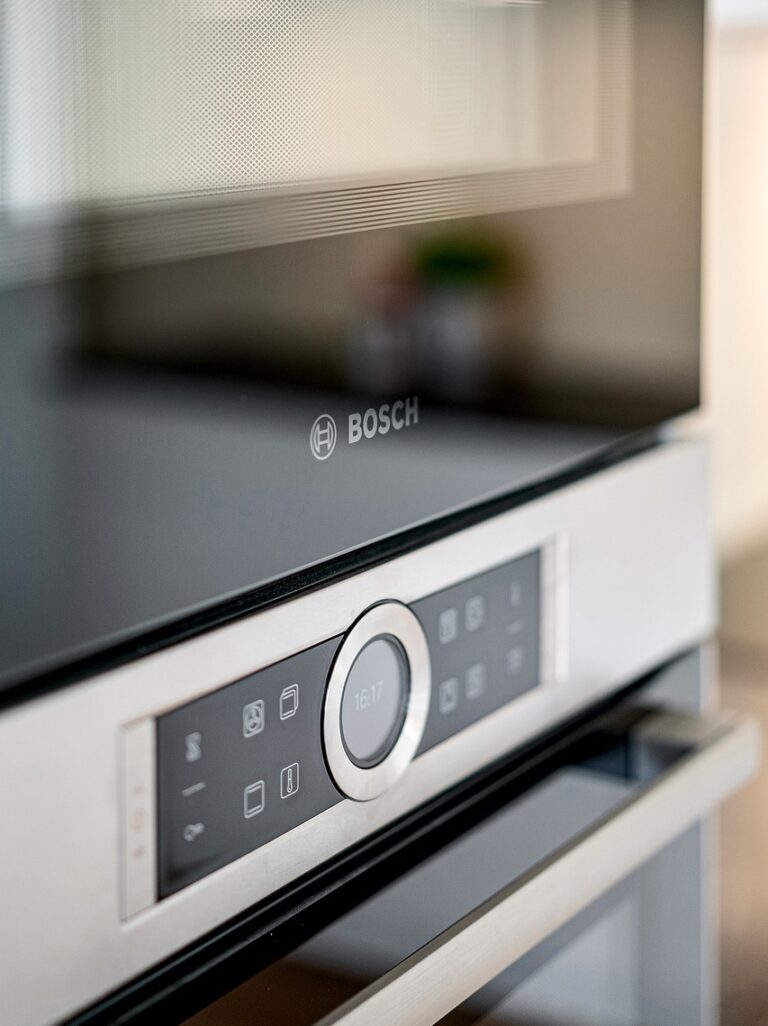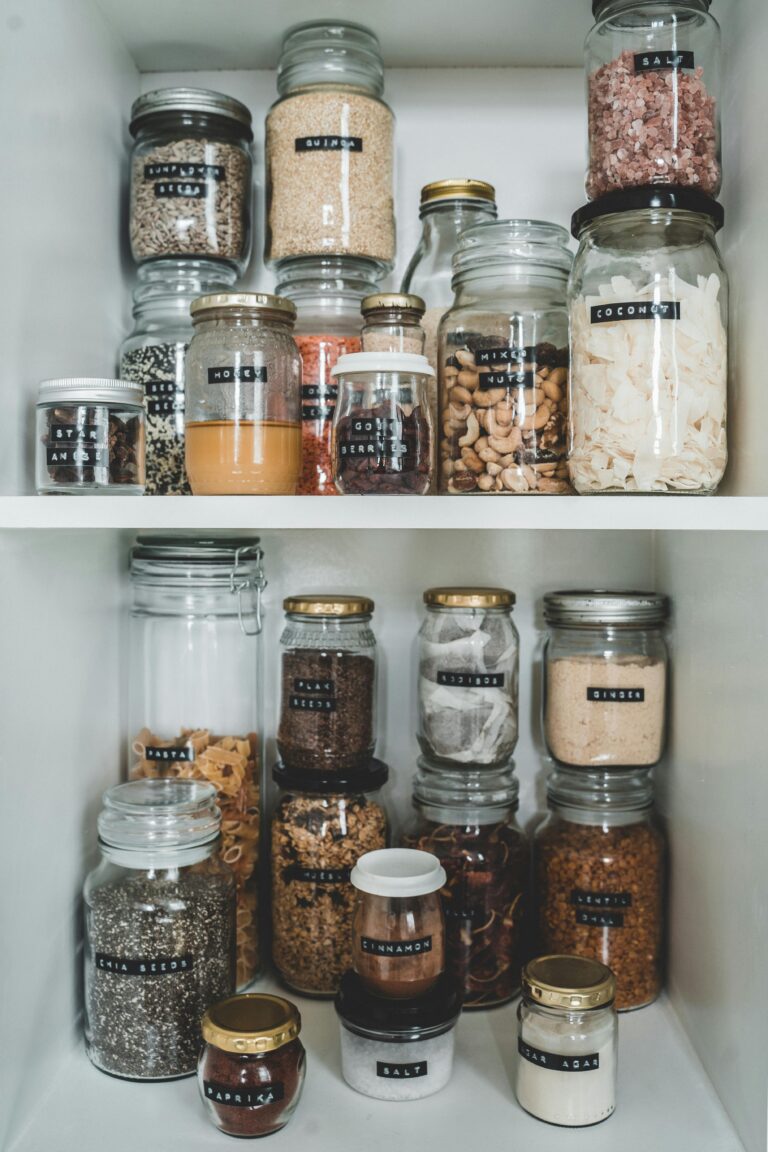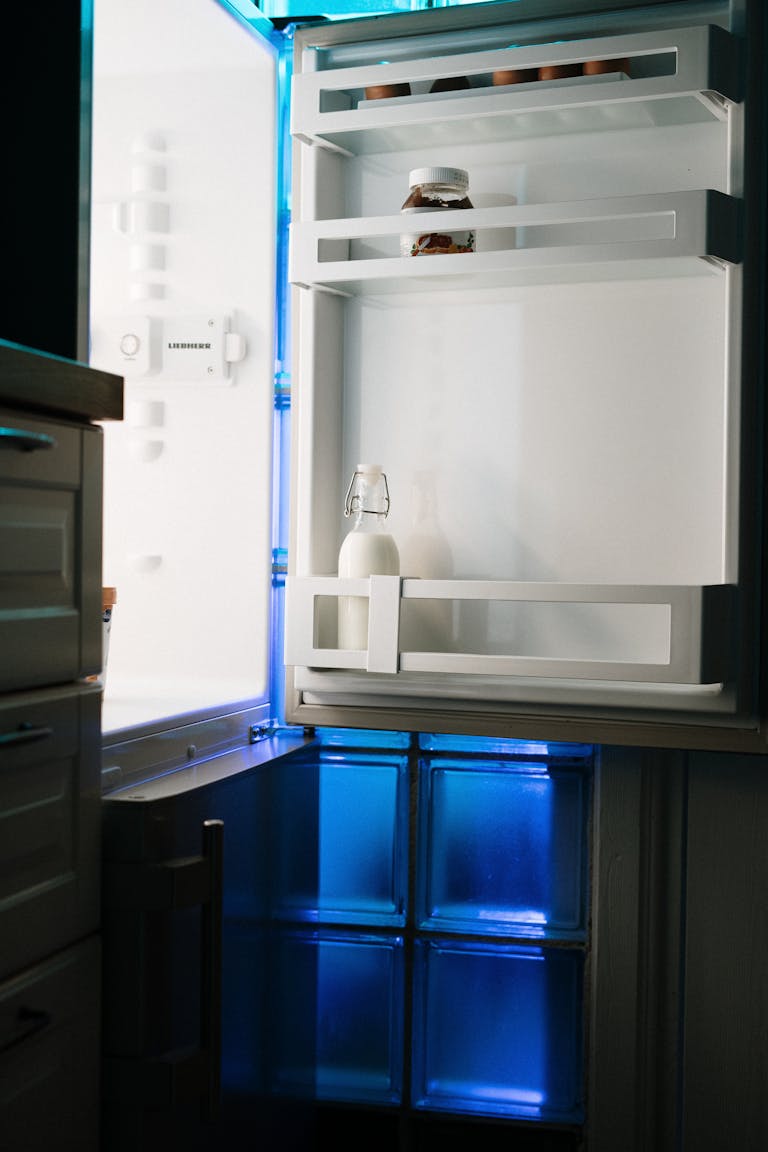Clean Home, Clear Mind: 10 Easy Habits for a More Organized Life
A clean home can do wonders for your mental health. By adopting simple habits, you can reduce clutter and create a more organized space, leading to less stress and greater mindfulness. When your environment is tidy, it allows you to think clearly and focus on what truly matters.
This post may contain affiliate links, which means I’ll receive a commission if you purchase through my link, at no extra cost to you. Please read full disclosure here.

Many people experience overwhelming feelings when surrounded by chaos. Research shows that disorganized spaces can elevate cortisol levels, which can affect both your mood and physical health. By making small changes in your daily routine, you can create a calm atmosphere that promotes relaxation and happiness.
In this post, you will discover ten effective habits that will help you maintain an organized and clean home. These practices are easy to implement and can make a significant difference in your life. Think of how nice it will feel to walk into a neat space, free from distractions and clutter!
Creating Your Personal Decluttering Strategy

A personalized decluttering strategy can help you reduce stress and improve your mood. By understanding the principles of decluttering, identifying what to let go, and recognizing the emotional benefits of donating, you can create a clutter-free environment that boosts your focus and energy.
The Principles of Decluttering
Start by setting clear goals for your decluttering. This means knowing what you want to achieve. Break your space into smaller areas. This way, each decluttering session feels manageable.
Consider using methods like the Fly Lady technique, where you spend just 15 minutes a day organizing. You can also sort items into three groups: Give Away, Throw Away, and Put Away. This method helps you decide quickly what you truly need and what can go.
Aim for a clutter-free home. A clean environment can lead to a sense of accomplishment that enhances your overall well-being.
Identifying and Letting Go of Unnecessary Items
It can be tricky to let go of items, especially if they hold memories. Start by asking yourself, “Do I use this item regularly?” If the answer is no, it may be time to part with it.
You can set daily challenges, like moving five items to donate or trash. Over a month, that can add up to 150 items.
Don’t forget to reflect on how being cluttered affects your energy and focus. The more you let go, the lighter and more organized you will feel.
The Emotional Benefits of Donating
Donating items can provide a strong sense of fulfillment. It allows you to help others while clearing your space. When you donate, you know your items will serve a new purpose.
This act can boost your mood. It reduces feelings of guilt associated with holding onto things you no longer need. Instead of seeing clutter, you’ll see how your choices positively impact others.
Feeling good about making space creates a positive feedback loop. Each donation reinforces your commitment to staying organized, which can help reduce stress in your daily life.
Building and Maintaining Organized Spaces
Creating and keeping organized spaces is essential for a peaceful and productive life. With the right strategies, you can establish a cleaning routine and develop habits that promote cleanliness. Let’s explore how to design efficient cleaning routines, nurture healthy cleaning habits, and understand the importance of a tidy home.
Designing an Efficient Cleaning Routine
To build an effective cleaning routine, start by breaking tasks into smaller, manageable steps. Daily chores can include tidying up your living areas, making the bed, and washing dishes. Set aside specific times each day to focus on these tasks.
Use a weekly schedule for deeper cleaning tasks, like vacuuming or dusting. Consider adding these activities to a checklist to track your progress. For instance, choose a day for laundry and another for bathroom cleaning. This structure helps you stay organized and reduces the feeling of overwhelm.
Developing Healthy Cleaning Habits
Cultivating good cleaning habits is key to maintaining an organized space. Begin by setting clear goals for what you want to achieve. This might be keeping surfaces clear or organizing a specific room. Start small to avoid burnout, focusing on one area each week.
Another effective habit is to make cleaning enjoyable. Play music or invite a friend to help, making the task feel less like a chore. Remember to regularly declutter by assessing items you don’t use or need, which keeps your home tidy.
The Importance of a Tidy Home
A tidy home significantly impacts your mental well-being. Clutter can raise stress levels and make it harder to focus. Studies show that organized spaces contribute to lower cortisol levels, leading to better mental health.
An organized environment also boosts productivity. When your space is clean, you can find what you need quickly. It allows you to concentrate better on tasks without distractions. Prioritizing cleanliness helps create a calming atmosphere, encouraging you to enjoy your space and feel accomplished.
Enhancing Mental Well-being Through Cleanliness

A clean home can make a big difference in how you feel each day. Keeping your space organized not only helps with practical tasks but also positively impacts your mental health. Here are some ways cleanliness is tied to your well-being.
The Psychological Impact of a Clean Home
When your home is clean, it can greatly improve your mood. Clutter can increase feelings of chaos and stress. Studies show that messiness can even raise cortisol levels, which is linked to stress.
In contrast, a tidy space can boost feelings of control and calm. When you walk into a clean room, your brain releases endorphins and dopamine, making you feel happier. This is why you might feel a rush of satisfaction after cleaning. By creating a peaceful environment, you protect yourself from mental strain.
Tackling Mental Health: From Anxiety to Tranquility
Regular cleaning can help reduce anxiety and depressive symptoms. A messy home can overwhelm you, leading to cognitive overload. It becomes hard to focus or relax when your surroundings are disorganized.
By making a habit of cleaning, you create a sense of order in your life. This can lead to feelings of tranquility. With a clean environment, you can engage in activities that uplift you since your mind is free from distractions. You’ll find it easier to enjoy your space and experience relaxation.
Physical Health Tied to Environmental Cleanliness
A clean home isn’t just about looks; it also affects your physical health. Dust and allergens can trigger allergies and respiratory issues, leading to discomfort and stress. Keeping your space clean improves air quality, which is essential for your overall health.
Moreover, a clean environment encourages you to be more active. For example, you may find it easier to exercise or pursue hobbies when your space feels inviting. With a healthier environment, you lower your risk of illness and maintain your well-being, giving you more energy to enjoy life.







